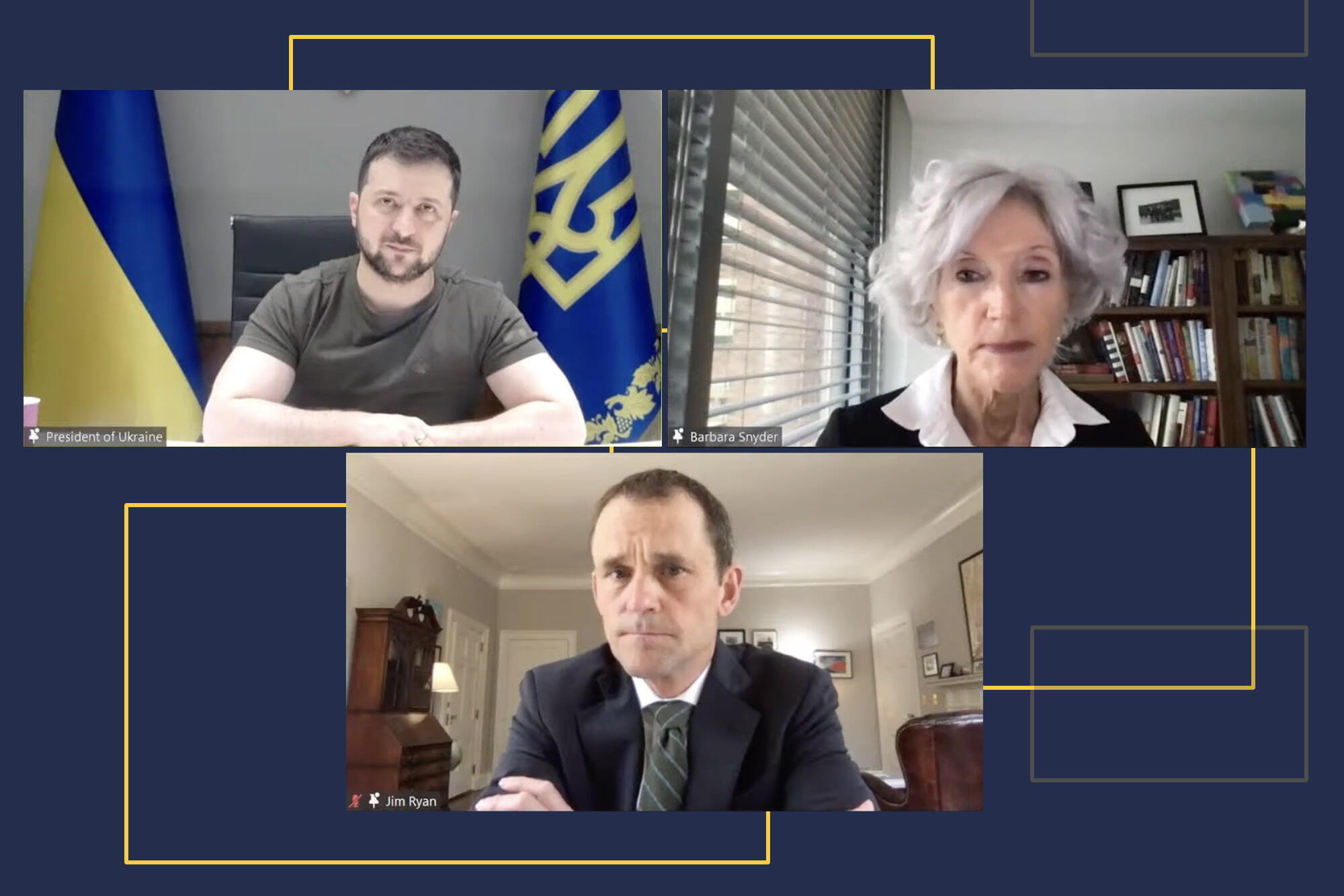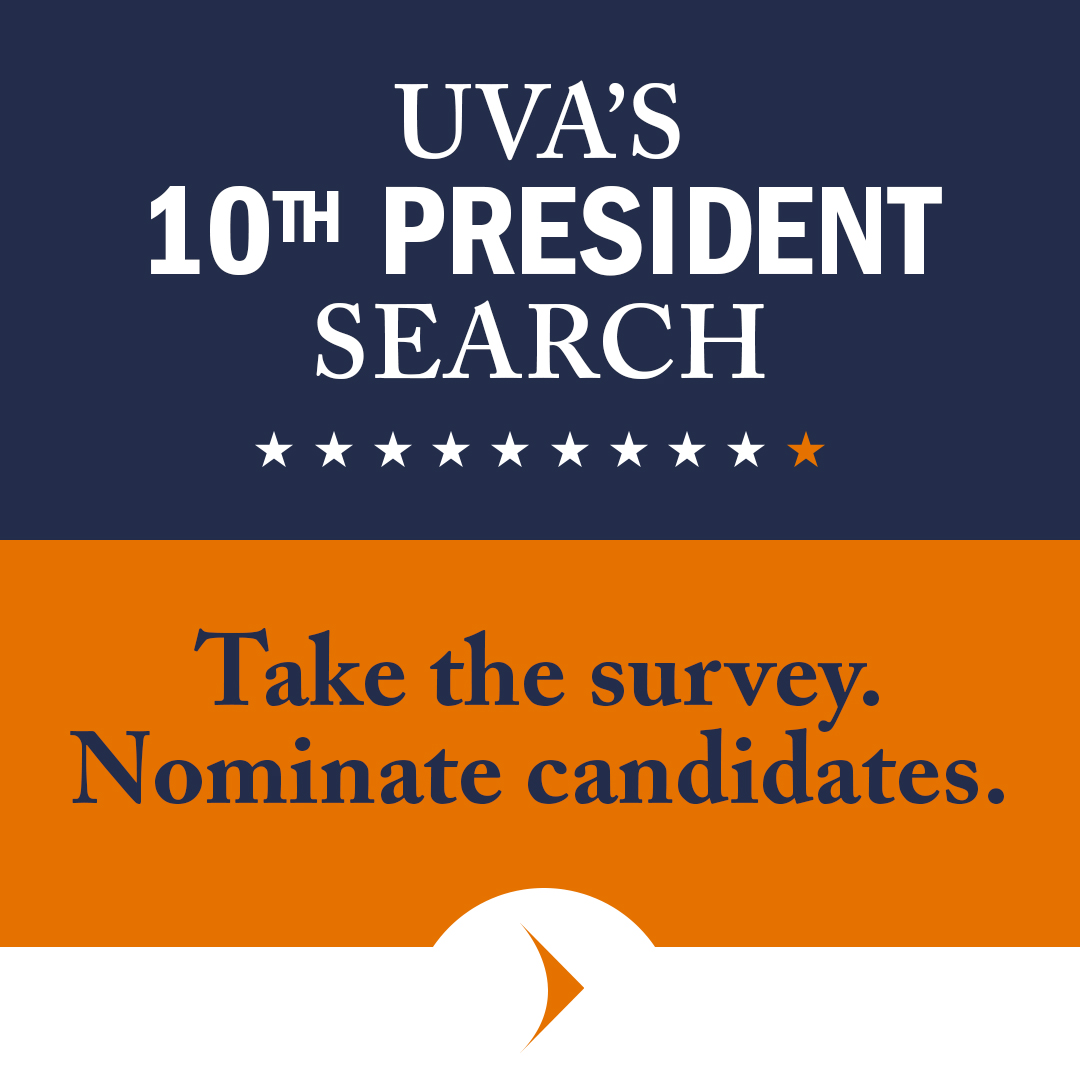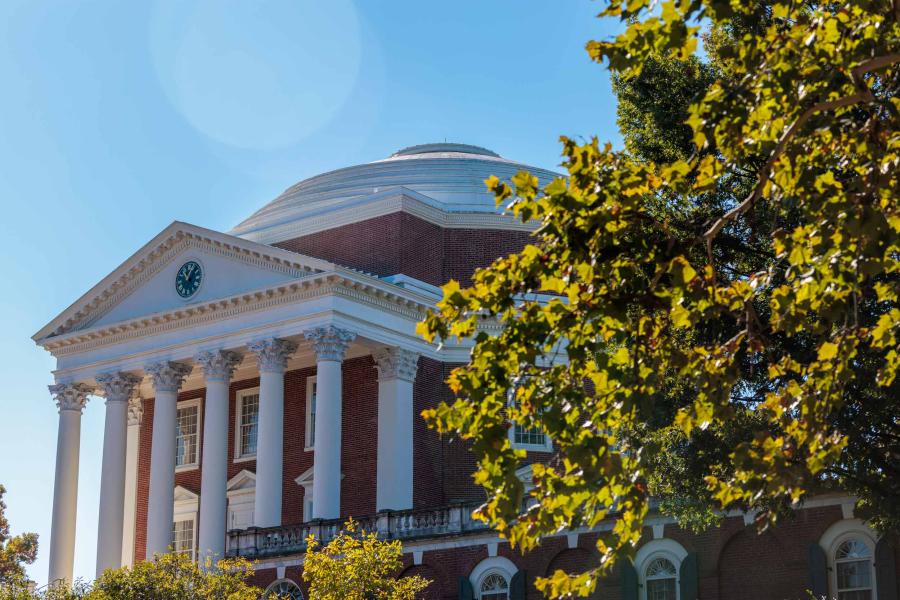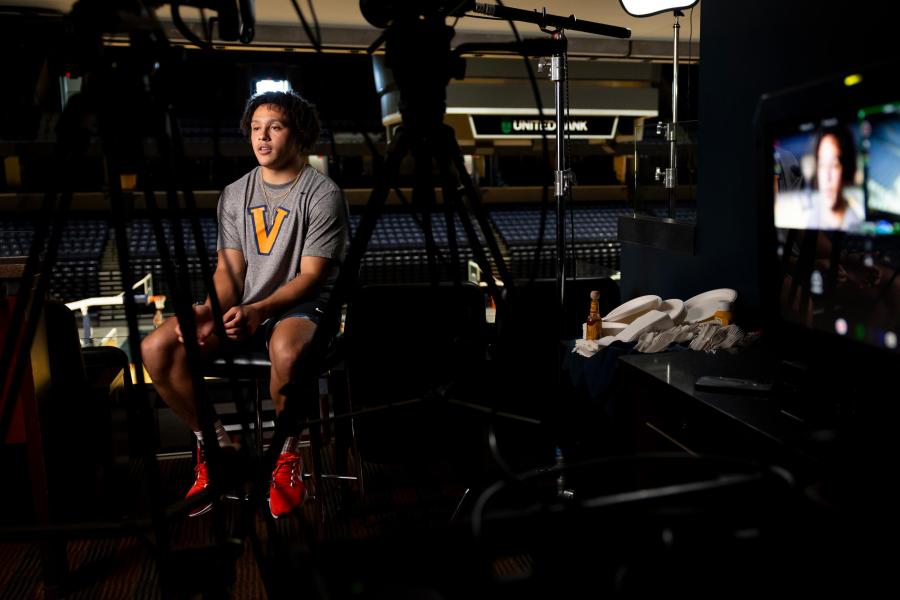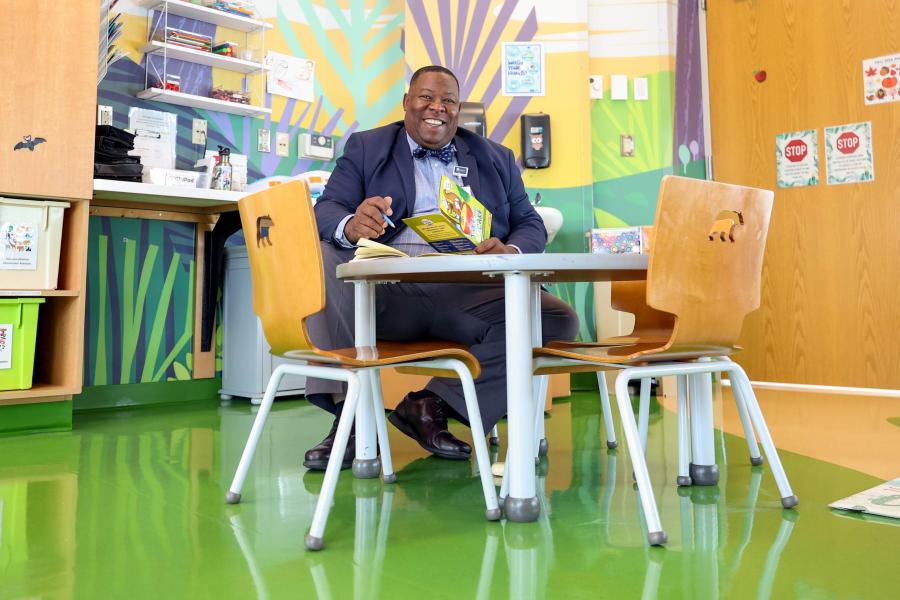Ukrainian President Volodymyr Zelenskyy met Monday via Zoom with higher education leaders from around the United States, including University of Virginia President Jim Ryan, for a discussion about how the U.S. and Ukraine can work together to promote education, which included discussion about combatting disinformation. The Association of American Universities hosted the conversation.
For months now, the embattled Ukraine, bolstered by aid from the U.S. and other countries, has been fighting back against Russian invasion. Still, the war continues to devastate the country.
Zelenskyy, speaking through a translator, opened the program with remarks about rebuilding the Ukrainian university system. He said that many people had not appreciated the educational choices they had in their lives previously. He added that people have a choice before them now, to be observers or actors in their own lives.
After his remarks, the president took questions from the U.S. academics.
